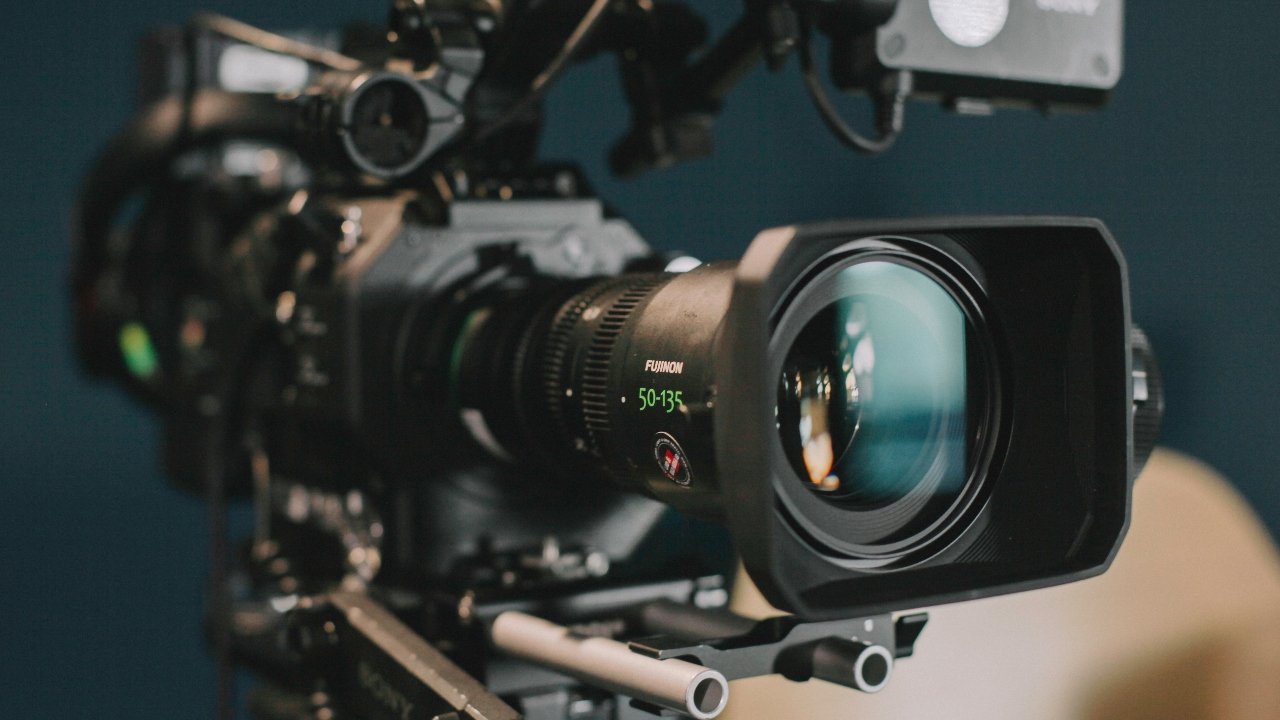
By Gavin Boyle
Jon Voight, President Donald Trump’s “special ambassador” to Hollywood, has secured bipartisan support from Congress to introduce a nationwide filming tax credit that would help the movie industry remain competitive in the U.S.
“We’ve just wrapped a film that celebrates deeply American values such as courage, resilience, and community,” Voight said about his movie THE LAST FIREFIGHTER. “If we pass Section 181, we can help to keep telling these stories here in the U.S., giving our audiences, our workers, and our industry a brighter future.”
Related: Trump Taps These Three Actors to Bring Back Hollywood’s ‘Golden Age’
“Filming locally kept crew members employed, helped fill restaurants, and allowed us to capture the unique character and authenticity of L.A. on screen,” added Voight’s business partner Steven Paul, who was a co-writer and producer on the movie, explaining how filming in America helps the country as a whole. “This is what Section 181 can make possible for countless other projects.”
Section 181, which is currently part of the Internal Revenue Code, allows productions that shoot in America to deduct production costs sustained in the same year, rather than waiting for investments to depreciate over the long term. This bill is currently set to expire at the end of the year, but Voight is lobbying to have it extended through 2030. At the same time, he is also pushing for its reach to be extended, raising the deduction from $15 million per year to $30 or $40 million, or rewarding productions filmed in low-income areas of the country.
Voight has been behind the idea of a federal-level tax credit since he was selected by President Trump at the beginning of the year to serve as one of his “special ambassadors” to Hollywood to brainstorm how to return production to America. In recent years, productions have been steadily moving to other countries that offer lucrative tax credits. While many states have introduced tax credits of their own – such as Georgia’s $900 million tax credit – some believe a federal-level system is the only way to reliably combat the credits offered by foreign nations.
Earlier this year, President Trump announced his first step in combatting the diaspora of moviemaking from America, claiming he would place a 100% tariff on any movie shot outside of the U.S. Though he has failed to follow through on this threat, many remain worried about what this action would do to the already struggling movie industry.
Voight, however, is hopeful that he can make change at the federal level to entice enough productions to remain in the U.S. that a drastic action like a 100% tariff will no longer be necessary. Extending Section 181 would be a strong start, though he will likely continue to push for even greater incentives.
Read Next: Did President Donald Trump Just Sink or Save Hollywood?
Questions or comments? Please write to us here.


 - Content:
- Content: 

